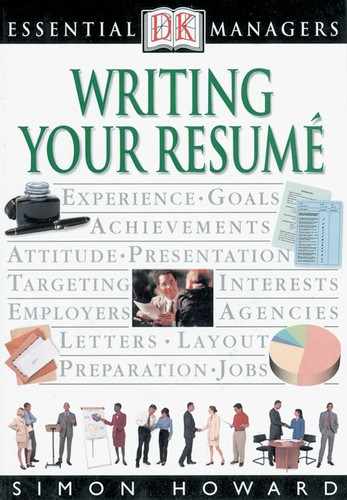Understanding Transferable Skills
Your qualifications and experience are only part of your personal assets. Your behavior as an individual is more important to employers than what you know, and they are more interested in what you can do in the future than what you have done in the past.
TIP
Be clear about your strengths so that you are able to communicate them.
Questions to ask yourself
Which skills lie behind the work I enjoy doing?
Do I use skills in my personal life that people do not see at work?
Who can I ask to give me an objective opinion about my transferable skills?
Which skills do I want to develop and use again?
Identifying skills
Transferable skills, core skills, soft skills, personal attributes, competences – these are all broad terms used to describe the same thing: the underlying aspects of you as an individual that indicate how suited you will be to a particular role. They relate to your behavior, personality, values, and motives, as well as to your skills and experience. By looking at the chart here, you will see that you possess some of the skills listed. But you will also have skills that are not so readily identified, and it is important that your resumé is able to pinpoint these.
Looking for evidence
A resumé is a highly subjective document. It is based on your own assessment of yourself. However, the more objective your resumé can become, the more powerful it will be. Anyone can claim to possess excellence in all the transferable skills listed here, but they will not be believed. However, if you can demonstrate evidence of possessing transferable skills through your past achievements, you will appear credible in your claim. Remember to always back up your claims with the hard evidence of results.
TIP
Demonstrate your skills through events in your past.
TIP
Add your non-work skills to your resumé.




